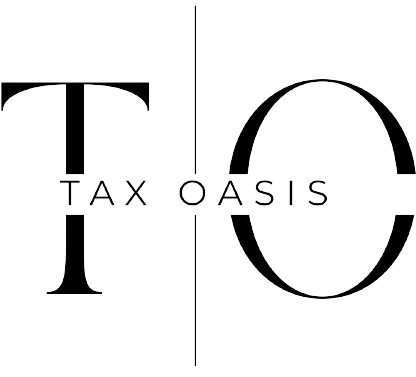The NSW rental landscape is undergoing significant changes following the passage of the Residential Tenancies Amendment Act 2024. These reforms aim to create a fairer balance between renters and landlords. While some changes have already started, some other changes will be immanent in the near future. Here are the highlights of the changes and their implications:
1. Ending ‘No Grounds’ Evictions
One of the most significant changes is the removal of ‘no grounds’ evictions. Previously, landlords could terminate a tenancy without specifying a reason. Under the new laws, landlords must now provide valid legal grounds, such as:
- Significant renovations, demolition, or repairs requiring the tenant to vacate.
- The landlord or their family moving into the property.
- The sale of the property requiring vacant possession.
- A change in the property’s use, such as transitioning it into business premises.
These changes apply to both fixed-term and periodic (ongoing) agreements and aim to enhance tenant stability while ensuring landlords retain reasonable rights to manage their property.
2. Rent Increases Limited to Once Per Year
Rent increases are now capped at one per year across all tenancy types, including fixed-term leases shorter than two years. This reform offers tenants greater financial predictability and aligns with practices in other Australian states.
3. Expanded Rights for Pet Ownership
Tenants can now apply to keep pets in rental properties, with landlords required to respond within 21 days. If no response is given, the pet request is automatically approved. Landlords can only refuse a pet under specific conditions, such as:

- The property being unsuitable due to fencing or open space issues.
- The pet potentially causing excessive damage beyond the bond amount.
- The landlord living on the property.
- The pet violating laws, council rules, or strata by-laws.
Importantly, landlords cannot charge additional rent or bond for allowing pets. Disputes over pet requests can be resolved through the NSW Civil and Administrative Tribunal.
4. Fee-Free Background Checks for Rental Applications
Prospective tenants can no longer be charged fees for background checks, addressing the rising trend of application platforms charging renters for enhanced processing.
5. Extended Notice Periods for Lease Terminations
Notice periods for fixed-term leases have been extended to give tenants more time to find alternative housing:
- 60 days for leases under six months.
- 90 days for leases over six months.
Periodic agreements retain the existing 90-day notice period.
6. Accessible, Fee-Free Rent Payment Methods
Landlords must now offer fee-free electronic rent payment options, such as bank transfers or Centrepay. Tenants cannot be required to use specific payment platforms that impose additional fees, ensuring fair and accessible payment methods for all.
Implementation Timeline
The reforms are being rolled out in phases:
- Changes Effective 31 October 2024:
- Annual cap on rent increases.
- Ban on fees for background checks.
- Changes Coming in Early 2025:
- Introduction of grounds for evictions.
- Expanded pet ownership rights.
- New payment methods and extended notice periods.
This staggered timeline allows renters, landlords, and agents time to adapt to the updated requirements.
What These Changes Mean for Tenants and Landlords
For Tenants
Tenants now enjoy enhanced security, with protections against sudden evictions and unwarranted rent increases. Additionally, the reforms make it easier to own pets and eliminate unfair financial barriers during the application process.

For Landlords
Landlords must ensure compliance with the new laws, including updating lease agreements and adhering to the stricter requirements for ending tenancies. While these changes increase regulatory obligations, they also provide clear guidelines for property management and tenant interactions.
Contact Us for Support
Navigating these changes can be challenging for both tenants and landlords. If you have any questions or require assistance in understanding your rights and responsibilities under the new laws, our team is here to help. Reach out to us for tailored advice and guidance on these important reforms.
Disclaimer
We have taken reasonable steps to ensure the accuracy of the information provided in this article. However, we cannot guarantee its completeness or correctness. This blog is intended for general informational purposes only and should not be relied upon as a sole source for making decisions. We encourage readers to seek professional advice or consult official sources to ensure compliance with the new laws.

